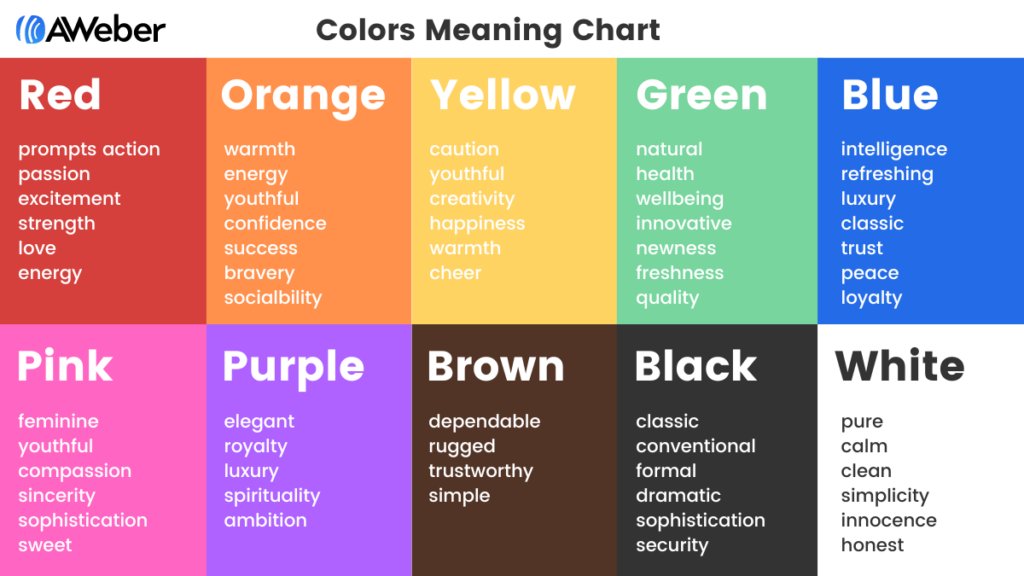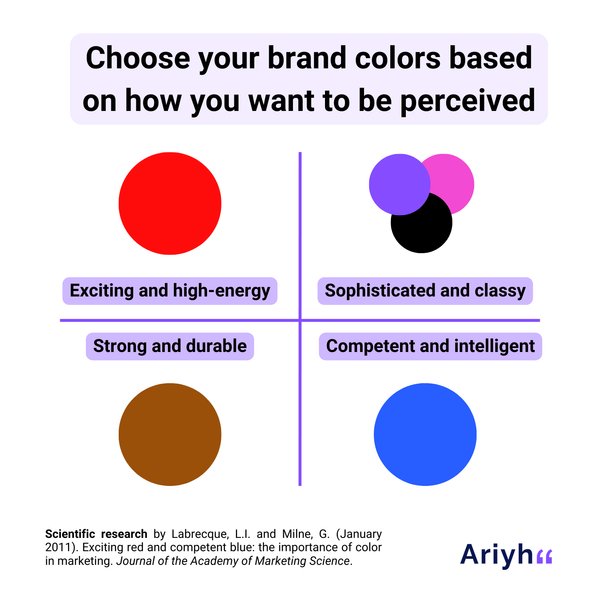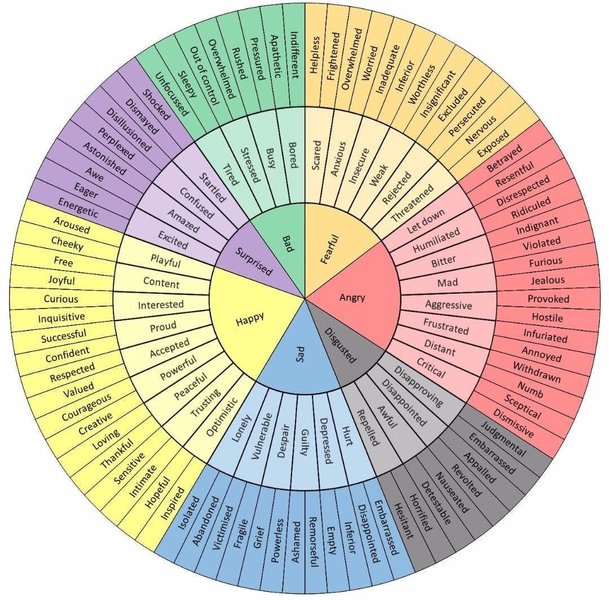Marketing
Plague Words or Phrases to Never Use in Content or Marketing
Plague Word Or Phrase
Note
___ is king
A king? A prince? A President? Avoid using gender-specific or title-specific metaphors. They're confusing, often sexist, and overused.
Absolutely
Yeah, OK, absolutely use this if you need to emphasize. Or, use this if you need to emphasize. You make the
... See more
SEO in 2025: How I'd Learn it if I Were Starting Over
youtube.comKey Takeaways
Traditional SEO tactics of keyword optimization and backlink building are no longer sufficient in the AI era
Focus on understanding and addressing searcher intent rather than writing mechanically for search engines
Use AI as an assistant tool while maintaining strong SEO fundamentals and human oversight
Google still processes 5 trillion searches annually, making SEO vital but requiring adaptation
Create genuinely useful content that serves user needs rather than simply copying and enhancing existing content
Diversify traffic sources beyond Google to build resilience against algorithm changes
[ ] Learn fundamental SEO principles before relying on AI tools
[ ] Master understanding searcher intent and user needs for content creation
[ ] Set up traffic diversification beyond Google
[ ] Take the free SEO course for beginners mentioned to build strong fundamentals
Since 2009, I've generated hundreds of millions of visitors from Google search. But for the first time in 17 years, I'm questioning everything I know about SEO. SEO used to be simple. You'd find a keyword, post optimized content, get backlinks, and boom.
Huge traffic, huge income. But that playbook is dead. Why? Mostly because of AI. AI has flooded Google with cheap, mass-produced content. And in response, Google has cracked down harder than ever, erasing perfectly legitimate websites from search results. But that doesn't mean SEO is dead.
Google still gets 5 trillion searches a year. That's roughly 100 times more conversations than ChatGPT is expected to have this year. SEO has just evolved. And if you don't evolve with it, you're going to waste months or years on strategies that don't work anymore.
So, in this video, I'm going to share exactly what I'd do if I was learning SEO from scratch in today's AI era. Now, despite all the changes AI has brought to SEO, fundamentals haven't gone anywhere. People still search using keywords and topics. You still need to create content that search engines can find, index, and understand. And backlinks, they still help pages rank high in Google. So the first thing I do to learn SEO in this new AI era is to learn the fundamentals of search engine optimization.
Now, learning the fundamentals and getting good at executing them used to be enough to drive tons of research traffic before AI tools, but they're no longer enough to stay competitive. And the reason comes down to a mental shift most people, even pro SEOs, haven't figured out yet. Before AI content tools became mainstream, ranking on Google was easy. People would copy the top-ranking page, add a few extra points to make it feel original, sprinkle in some keywords and cover subtopics, get a few backlinks to the page, and first-page rankings would come fast.
Because it worked, everyone did it. SEO copywriting became so mechanical that writing for SEO became an industry phrase. But here's the flaw. Search engines don't buy from you. People do. Now that AI can mass produce this kind of content, it doesn't seem like Google wants to reward writing for algorithms the way it once did. Instead, it seems like Google is doubling down on what it's always wanted, to deliver the most relevant and useful result for any given search query.
And are they getting it right all the time? Not even close, but they're trying. So if I were learning SEO today, I'd ignore many of the outdated mechanical approaches to writing for search engines, and instead focus on creating genuinely useful content with a user-obsessed mindset.
What does that mean? Well, let's say you wanted to rank for the query, how to start a YouTube channel. Instead of asking, how do I rank for this keyword? What do I have to cover? Start by getting obsessed with what the searcher actually wants to know.
Are they a total beginner? Do they need gear recommendations? Are they struggling to find a niche or something else? Then dig deeper. Why do they want to start a YouTube channel? Is it a creative outlet or a way to make money? How do they want the information? Would a checklist, step-by-step tutorial, or interactive guide help most?
If you don't understand the searcher's intent, you'll end up creating content that doesn't actually help the people you're trying to serve. But if you nail what they're really looking for, you won't just rank higher, you'll keep people engaged, build trust, and convert more visitors into customers. Now, that doesn't mean you should ignore AI tools. In fact, I think that every SEO, new and experienced, should be embracing AI tools rather than resisting them.
The problem with generic robotic AI content isn't the tools, it's how people are using them. AI tools are faster and better than most of us at brainstorming, writing, and analyzing data. But the quality of its output is only as good as the guidance it receives. Take Joe Schmoe, a guy who knows nothing about SEO. He can't guide AI to produce good content or to optimize his site for better performance because he doesn't understand SEO himself.
So what happens? AI ends up guiding him. But take Sam Edward O. So instead of avoiding it, learn how to use it properly. And SEO goes way beyond just content creation, so the use cases are truly endless. Bottom line, use AI as an assistant, not a replacement.
Train yourself to be the operator, and you get those operating skills through strong SEO fundamentals and first-hand experience, all of which you can learn for free in our free SEO course for beginners. Now, learning SEO shouldn't just be about learning what to do.
It's also about knowing what to prepare for, because once the traffic starts rolling in, it's going to feel like free money, and that's when things get dangerous. Google's going to keep sending you free and consistent traffic that doesn't fade over time, because that's SEO by design.
The harsh reality is that that traffic can vanish overnight. It's happened to hundreds of creators, and we've actually heard their stories and shared them on our YouTube channel. It's real. that are important to our business. I've done the same with Pinterest, Reddit, eBay, Quora, and the list goes on. From my experience, any platform that sorts and surfaces content based on user queries follows similar core principles.
But if you can master Google SEO, you'll be way ahead of the curve when optimizing for other search engines. At its core, SEO is still about one thing, connecting searchers with the best search results. But in a world where AI can churn out endless mediocre content, copying what already exists isn't enough.
And honestly, You need to be worth finding. So if you want to learn SEO and actually succeed in the AI era, check out our free SEO course for beginners and then apply the rest of what I've shared with you today.
7 questions to answer in your landing page
Insight from a talk I saw at YC... and can't remember the speaker.
A lot of startup landing pages are extremely confusing—particularly software.
Way too often I hit a website and have no clue what they sell—even if I stick around and read all the features and benefits on the homepage.
Confused people bounce
... See more
Choose Brand Colors Based on How You Want to Be Perceived

Find Your Brand’s Enemy

Plutchik's Wheel of Emotions
Catalytic Value in Marketing refers to experiences or content that fundamentally shift customers' understanding of their needs and empower them to take confident, commercially productive actions. This approach focuses on creating self-discovery, self-reflection, agency, and affirmation to drive measurable business outcomes23.
Key Characteristics of
... See moreLifecycle Marketing: A Complete Guide for Marketers - Klaviyo
klaviyo.com